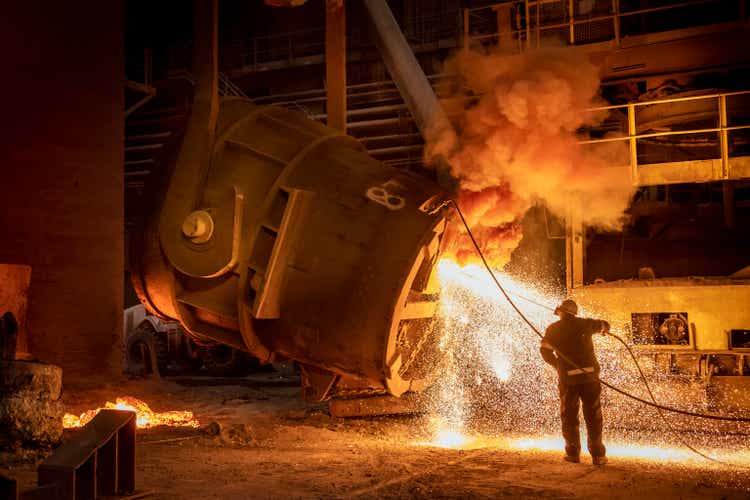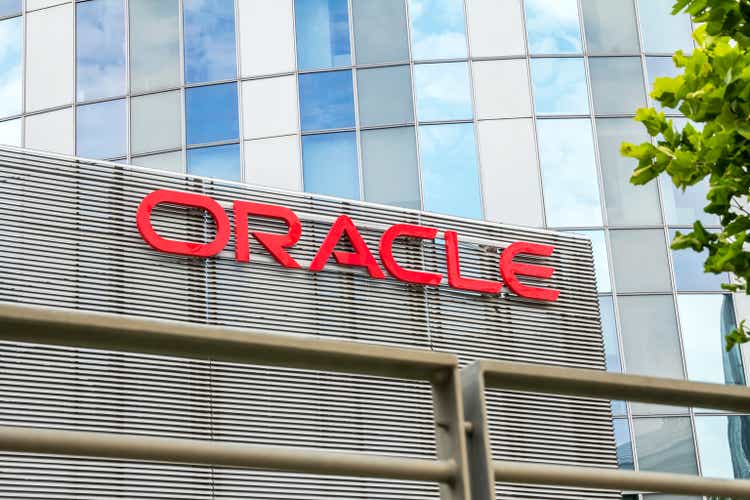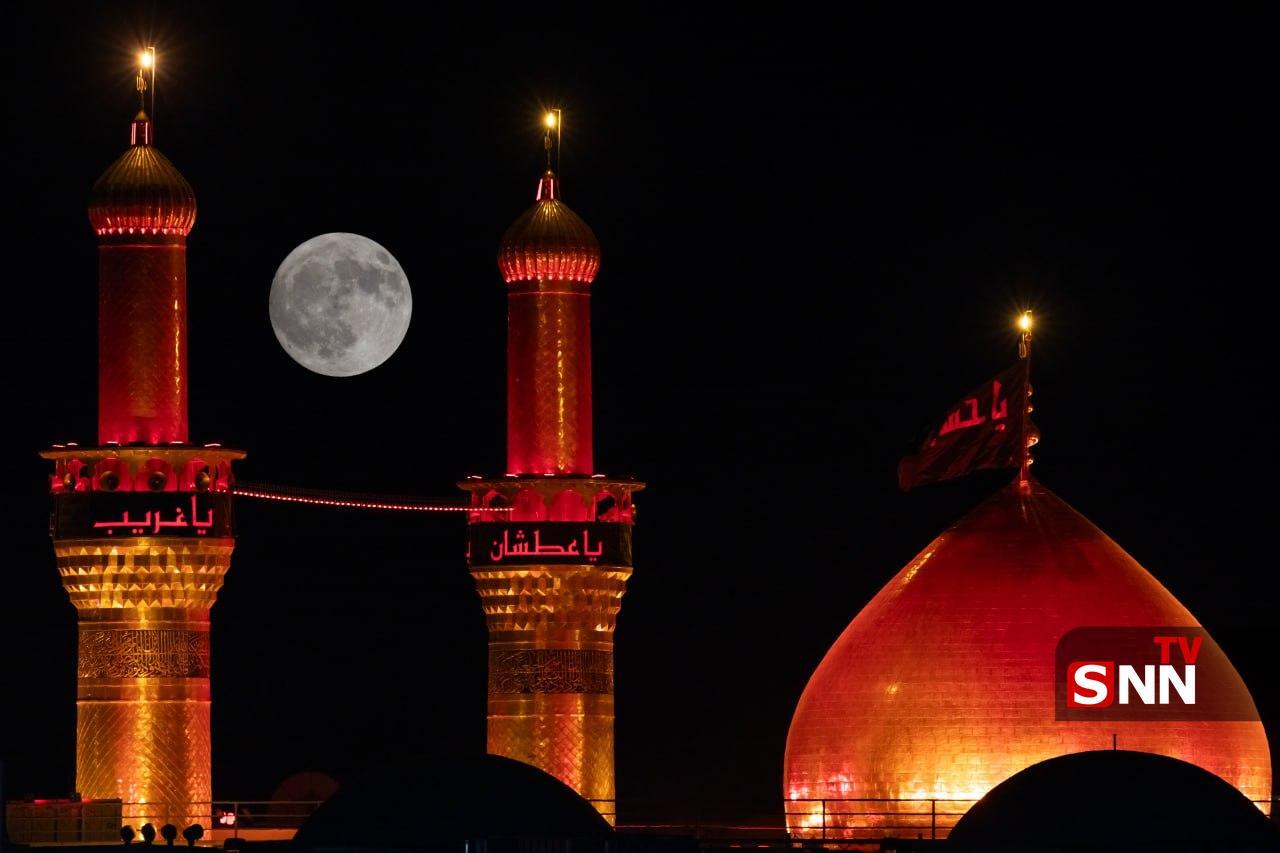Prime Minister Narendra Modi’s 103-minute Independence Day address from the Red Fort marked a watershed moment in India’s political messaging — notable not just for its record-breaking duration, but for its sweeping articulation of a self-reliant, strategically autonomous, and technologically empowered nation.
Framed as a roadmap to a Viksit Bharat by 2047, the speech blended major policy announcements with clear ideological positioning, underscoring India’s journey from dependence to global confidence.
Strategic resolve and sovereignty
PM Modi’s assertion that “India will no longer accept nuclear blackmail” came in the context of Operation Sindoor — a retaliatory strike following the Pahalgam attack — executed entirely with indigenous weaponry.
His remarks on the Indus Waters Treaty — “blood and water will not flow together” — signalled a decisive shift in strategic posture, rejecting historical compromises and reaffirming national sovereignty.
These statements were part of a larger Atmanirbhar Bharat vision, where self-reliance goes beyond trade balances to encompass technological and institutional capability.
Tech & industry push
Among the most ambitious announcements was the rollout of India’s first Made in India semiconductor chip by year-end, alongside opening the nuclear sector to private participation. The Prime Minister stressed that self-reliance must extend to sectors including jet engines, social media platforms, fertilisers, and pharmaceuticals.
The National Critical Minerals Mission and Deepwater Exploration Mission were unveiled as cornerstones for securing energy and industrial autonomy — with 1,200 mineral sites now under exploration and offshore energy resources being tapped to cut foreign fuel dependence.
The launch of Mission Sudarshan Chakra, aimed at developing advanced weapon systems, and plans to expand a nationwide security shield by 2035 further reinforced defence preparedness.
PM Modi also announced a Task Force for “Next-Generation Economic Reforms”, building on the repeal of over 40,00a0 compliances and 1,500 outdated laws. GST reforms, promised by Diwali, are aimed at easing burdens on MSMEs and consumers.
Youth empowerment featured prominently with the PM Viksit Bharat Rojgar Yojana, a Rs 1 lakh crore employment scheme targeting 3.5 crore young Indians. In agriculture, the PM Dhanya Dhanya Krishi Yojana will support 100 backward districts, complementing existing farmer welfare programmes.
The High-Powered Demography Mission will focus on safeguarding national integrity against illegal infiltration. From space innovation to pharmaceutical leadership, the Prime Minister’s address was a call to action — urging citizens to build, innovate, and invest in the nation’s future.

 1 hour ago
1
1 hour ago
1






















 English (US) ·
English (US) ·